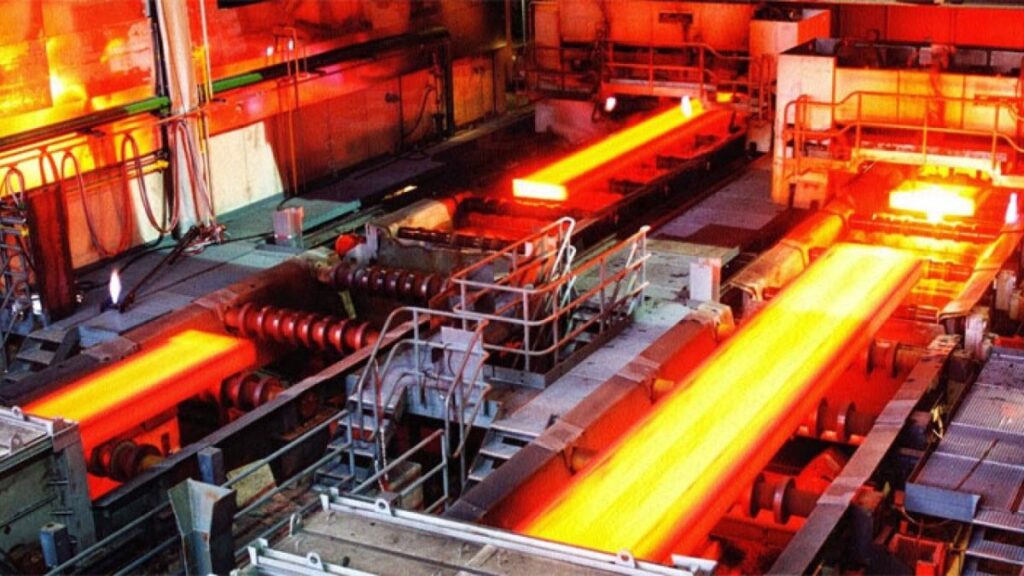What is TGP Steel?
TGP, or Turned, Ground, Polished steel, is a specialized form of stainless steel that undergoes a meticulous finishing process to enhance its surface quality and dimensional precision. Starting from raw steel, the TGP process involves a series of steps, including turning, grinding, and polishing, each contributing to the final product’s highly refined surface texture. These processes improve the material’s aesthetic appeal and practical functionality in various demanding industrial applications. For a comprehensive understanding of TGP steel, you can explore further at the source: https://www.specialtysteel.com/product/316-316l-stainless-steel-turned-ground-polished/. This resource outlines how meticulous processing makes it a preferred choice for industries requiring a blend of elegance and performance.
Key Properties of TGP Steel
TGP steel is celebrated for several distinct properties that make it indispensable in the industrial sector. Its exceptional corrosion resistance ensures longevity even in harsh environments exposed to moisture or chemicals. The TGP process infuses the steel with high tensile strength, which is crucial for components subject to heavy loads. Additionally, TGP steel’s resistance to wear is a key factor in its long-term durability, reducing the need for frequent replacements. The precise surface finish resulting from the polishing phase not only reduces friction but also aids in achieving tighter clearance levels, which is particularly vital in high-speed and high-efficiency machinery.
Common Industrial Applications
Given its reliable performance, TGP steel is ubiquitous across many industries. In the automotive and aerospace sectors, where precision and reliability are paramount, TGP steel is often the material of choice for components like shafts, spindles, and pistons. These components must endure vast mechanical stresses, and TGP steel’s properties make it ideal to withstand such conditions. Furthermore, construction and heavy machinery sectors utilize TGP steel for its structural integrity. Interestingly, the versatility of TGP steel is also apparent in medical technologies, where it is used in the manufacturing of surgical instruments and medical devices, proving that its application stretches beyond traditional heavy industries.
Enhancing Industrial Performance
Incorporating TGP steel into industrial practices has had a transformative impact on performance standards. The low friction achieved through the polished surface diminishes energy losses during operation, translating to higher efficiency and performance. Moreover, the durability reduces maintenance intervals and the associated costs, which is a significant advantage for industries operating under tight budget constraints. This reliability has made TGP steel a favored choice in applications that demand continuous production and consistent quality output, such as automated assembly lines and robotic machinery. Industries that adopt TGP steel often experience upticks in productivity and cost-effectiveness, underscoring its value in modern manufacturing strategies.
Sustainability and Environmental Impact
Amid the rising demand for materials aligned with sustainability goals, TGP steel stands out for its eco-friendly attributes. The extended lifespan of TGP steel directly contributes to resource conservation by reducing the frequency of replacements and the waste generated. Furthermore, TGP steel is fully recyclable, curtailing waste and supporting the creation of new steel in a more environmentally responsible manner. With ongoing improvements in manufacturing technologies, the production processes are becoming greener, focusing on reducing greenhouse gas emissions and overall energy consumption linked with steel production, thus reinforcing TGP steel’s role in sustainable industrial development.
Challenges and Considerations
Despite TGP steel’s numerous advantages, industries must navigate certain challenges when incorporating it into their operations. A primary concern is the higher initial cost relative to other steel types. However, this cost must be considered in the context of long-term savings from fewer replacements and repairs. Additionally, maintaining the integrity of TGP steel’s surface during the manufacturing or machining processes is critical to preserving its qualities. Careful handling and appropriate machining techniques are essential to prevent any degradation or damage affecting performance. Thus, industries must weigh these considerations against the benefits to ensure optimal material choice.
Future Prospects of TGP Steel in the Industry
The application and advancement of TGP steel in the industry hold promising potential. As demand for materials that balance performance and environmental responsibility grows, TGP steel is poised to lead the charge. Innovations in production methodologies will enhance its properties further while reducing costs, making it more accessible and appealing to a broader range of industries. The advent of smart technologies and the Internet of Things (IoT) will likely spur new uses for TGP steel, fueling its integration into more sophisticated and diverse applications. The future of TGP steel is not just about maintaining its presence but significantly broadening its impact.
Final Thoughts
TGP steel has emerged as a pivotal player in industrial materials, balancing robustness, reliability, and sustainability. Its range of applications, from aerospace to medical devices, highlights its flexibility and indispensability. As industries continue seeking materials that offer superior performance and environmental stewardship, TGP Steel’s innovative processing and properties place it at the forefront of meeting these market needs. Understanding and leveraging the unique attributes of TGP steel can lead to enhanced operational outcomes, setting the stage for continued innovation and industrial advancement in the years to come.







